UN rights council considers 'systematic' abuses probe after Israel’s Gaza offensive
The United Nations Human Rights Council (UNHRC) considers launching a broad, international investigation into violations by the Israeli military in its latest bloody onslaught on the Gaza Strip, as well as the occupying regime’s “systematic” abuses in the besieged coastal enclave, the occupied West Bank and East Jerusalem al-Quds.
The proposal before the UN's top rights body calls for an unprecedented level of scrutiny on abuses and their “root causes” in the decades-long Israeli-Palestinian conflict.
The draft resolution presented by member states of the Organization of Islamic Cooperation (OIC) will be debated during a special session of the Geneva-based council on Thursday to address “the grave human rights situation” in the Palestinian territories.
The session, called for by Pakistan on behalf of the OIC and the Palestinian Authority, will kick off with a statement by UN rights chief Michelle Bachelet.
The text, expected to be voted on Thursday afternoon, calls for the council to “urgently establish an ongoing independent, international commission of inquiry... in the Occupied Palestinian Territory, including East Jerusalem (al-Quds).”
The investigators, the text said, should probe “all alleged violations and abuses” of international law linked to the tensions that sparked the worst fighting in years between the Israeli regime and Gaza-based Palestinian resistance factions.
At least 253 Palestinians, including 66 children, were killed in the Israeli bombardment of the Gaza Strip in 11 days of conflict that began on May 10. Israel’s airstrikes also brought widespread devastation to the already impoverished territory.
The Gaza-based resistance movements responded by launching over 4,000 rockets into the occupied territories, some reaching as far as Tel Aviv and even Haifa and Nazareth to the north.
The Israeli regime was eventually forced to announce a ceasefire, brokered by Egypt, which came into force in the early hours of May 21.
The UN Office for the Coordination of Humanitarian Affairs in the Occupied Palestinian territory said in a report that more than 90,000 people in Gaza had been displaced due to Israeli bombardment.
“Hostilities have also resulted in additional displacement of Palestinians, bringing the cumulative number of internally displaced persons (IDPs) to about 91,000, including 66,000 seeking protection in 58 UNRWA schools across Gaza and over 25,000 staying with host families,” the organization said.
But the UN rights council’s draft text goes far beyond the most recent conflict, and is also calling for investigators to probe “underlying root causes of recurrent tensions and instability, including systematic discrimination and repression based on group identity.”
The investigation should focus on establishing facts and gather evidence and other material that could be used in legal proceedings, and as far as possible should identify perpetrators to ensure they are held accountable, it said.
“Long-standing and systemic impunity for international law violations has thwarted justice, created a protection crisis and undermined all efforts to achieve a just and peaceful solution,” the draft text read.
Khalil Hashmi, Pakistan's ambassador to the UN in Geneva, told reporters on Wednesday that the recent violence was only the latest in a long cycle, and stressed the need for the investigation to have “standing status.”
Twenty of the UN rights council’s 47 members were among the 66 countries that backed holding Thursday’s special session. The session is slated to last all day.
A vote on the draft resolution is likely at the end of the meeting, which will be largely virtual.
Council spokesman Rolando Gomez says passage of the draft resolution would mark the first time that a commission of inquiry received a “continuing mandate.”
The rights council holds three regular sessions each year, but can hold special sessions if at least a third of members support the idea.
The Israeli regime’s ambassador to the United Nations, Meirav Eilon Shahar, has called on member states to oppose Thursday’s meeting.
D-8’s role in Iran’s economy after Cairo summit
China slams US as ‘war-addicted’ threat to global security
China ‘firmly opposes’ US military aid to Taiwan
VIDEO | Press TV's News Headlines
President Yoon Suk Yeol to be removed from office
At least 19 Gazans killed by Israeli airstrikes since dawn: Medics
Leader: Iran neither has nor needs proxy forces
US fighter aircraft shot down ‘in friendly fire’ amid aggression on Yemen


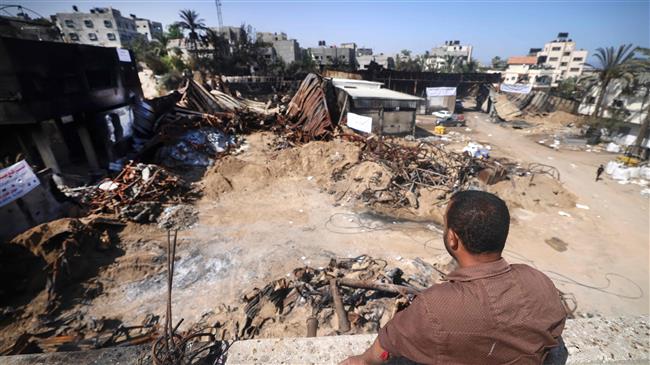



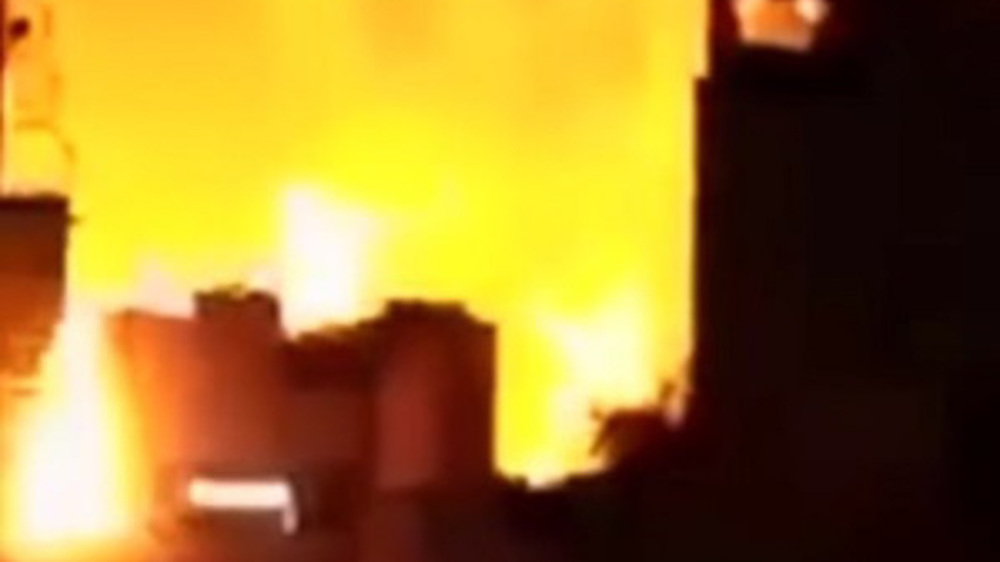
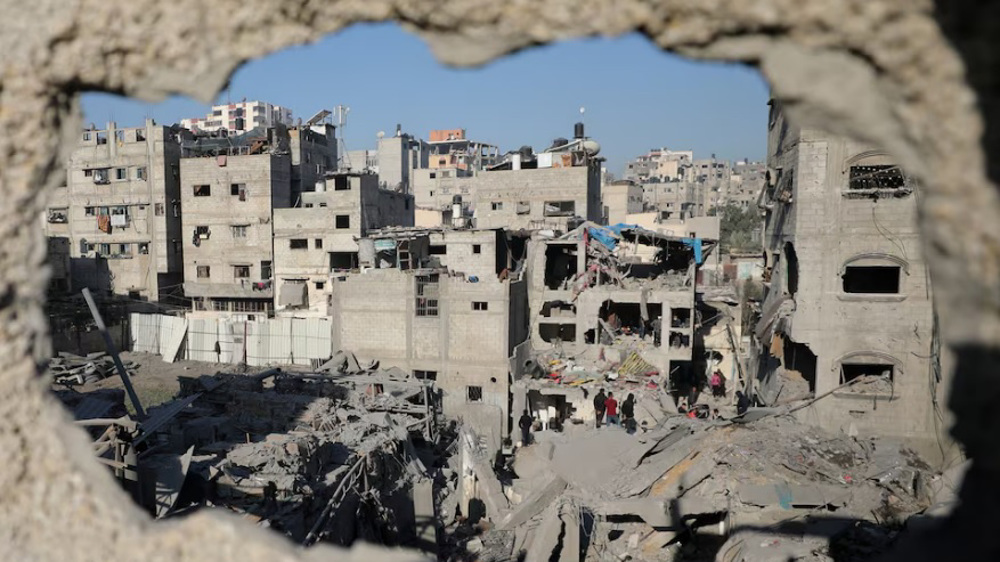
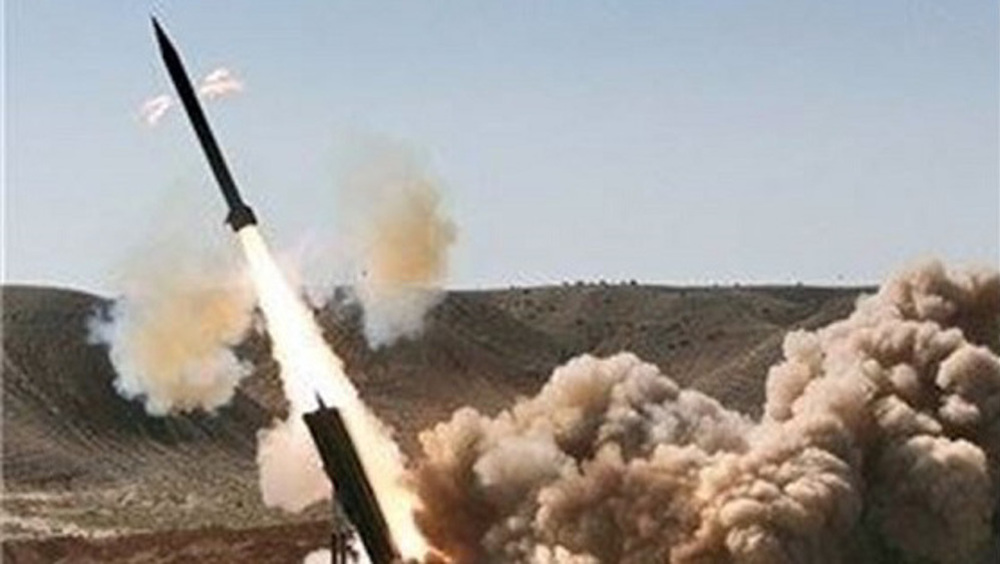



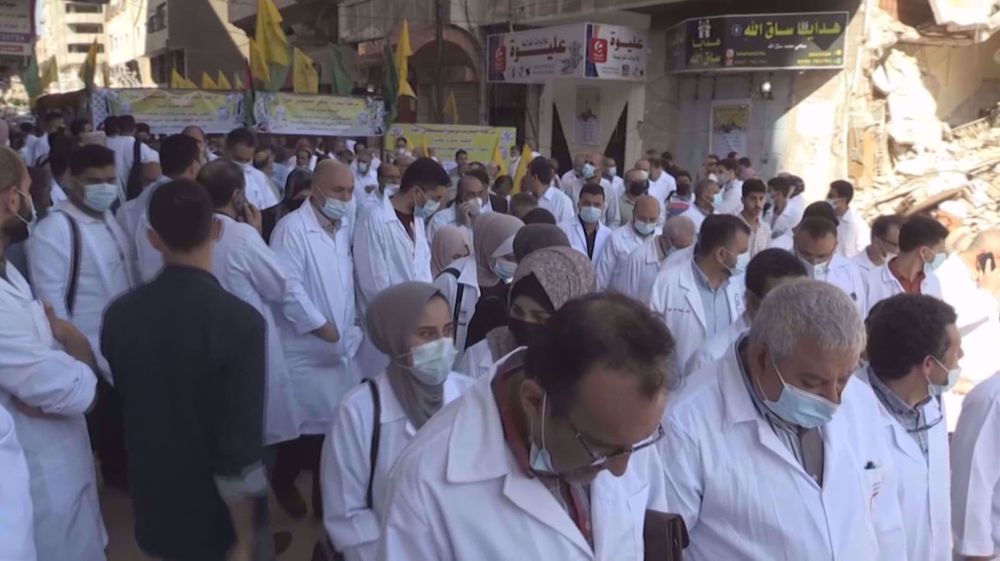
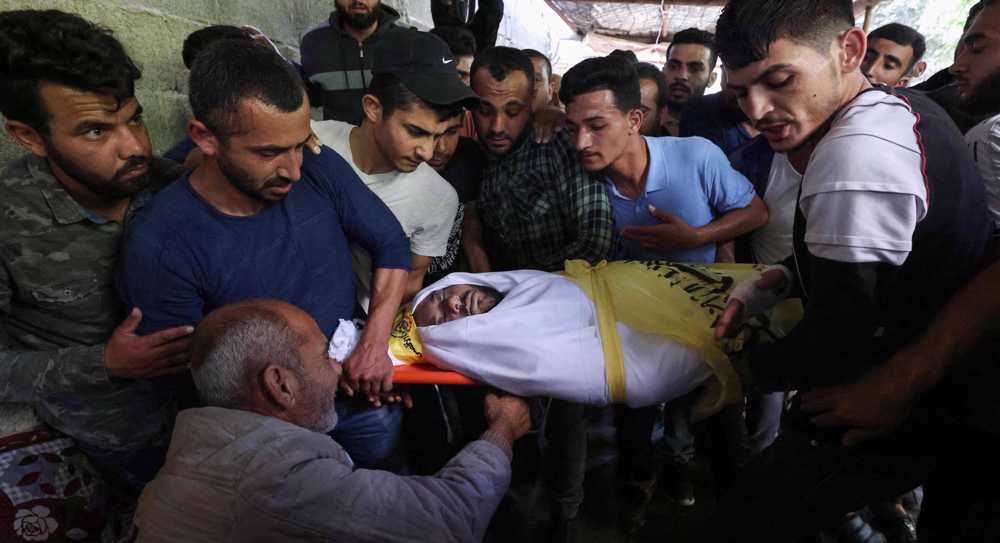
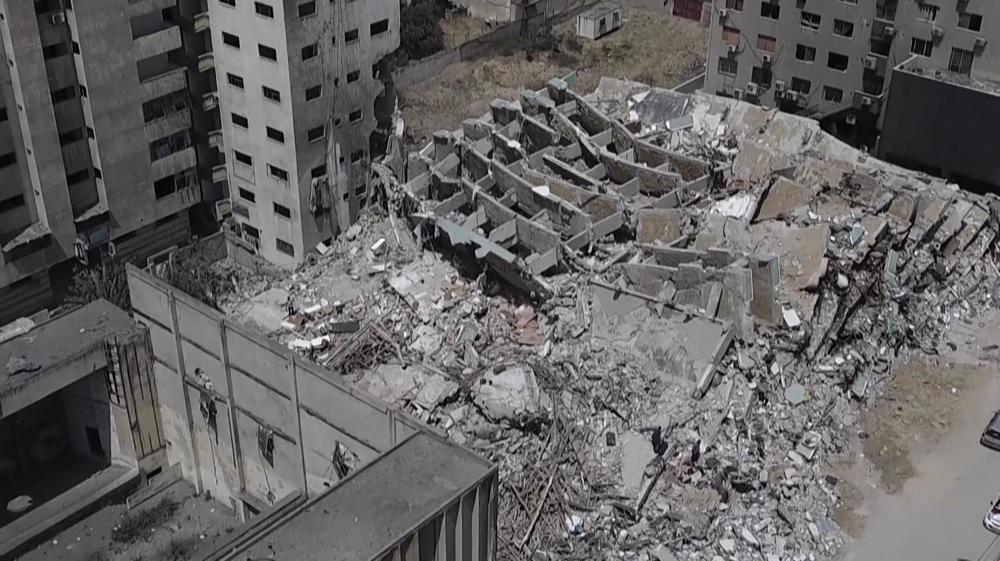
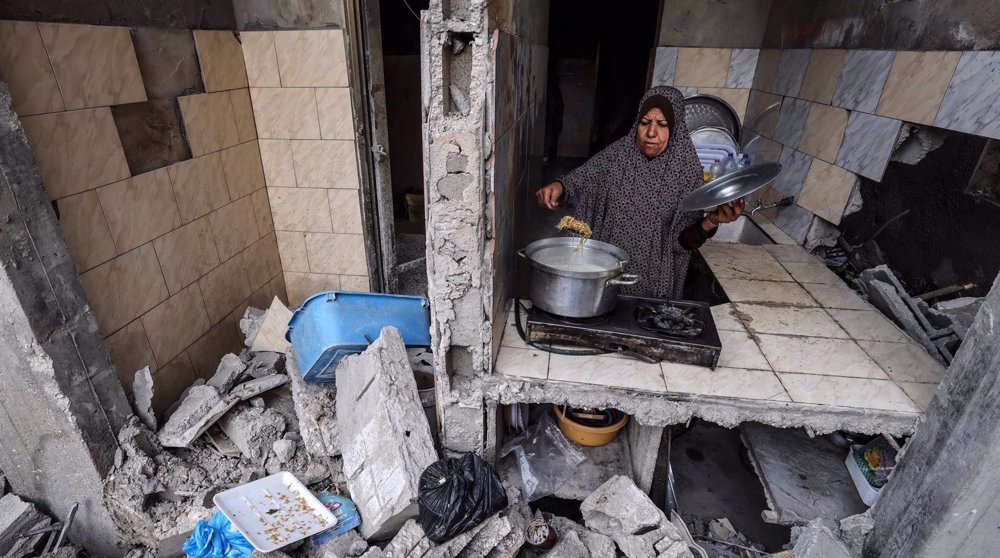
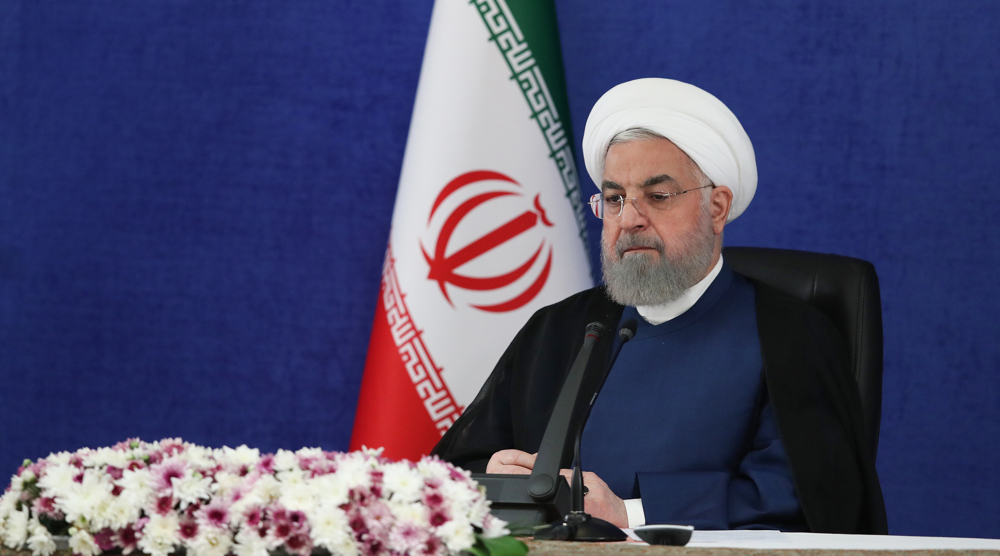
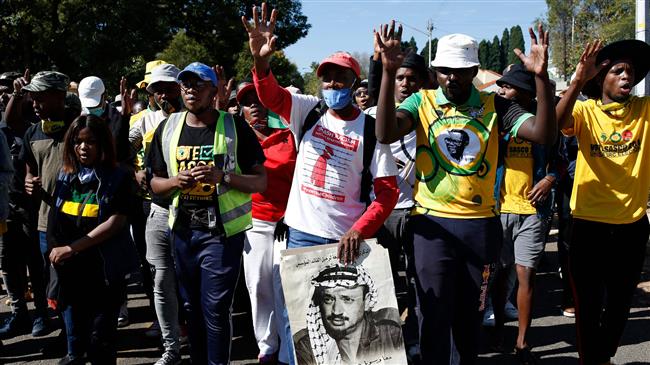
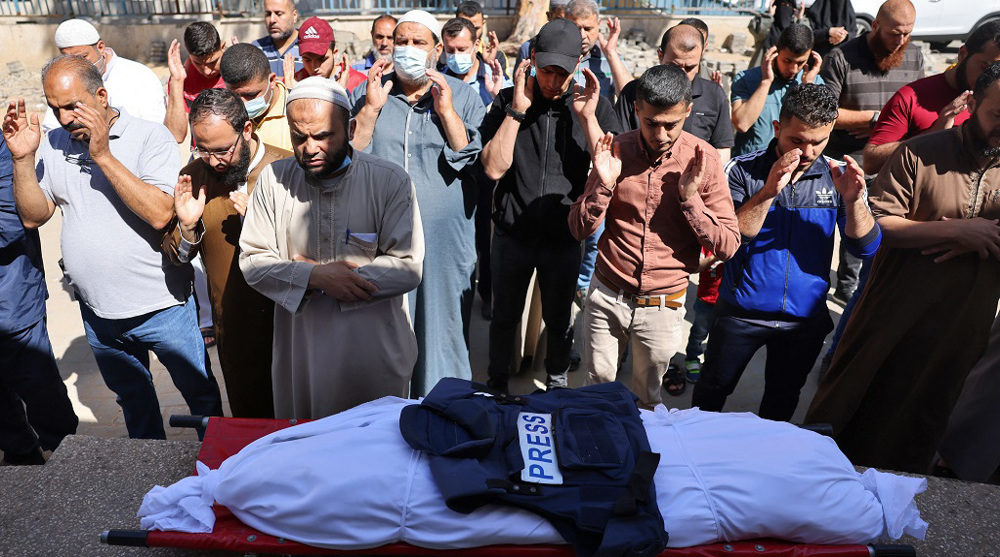
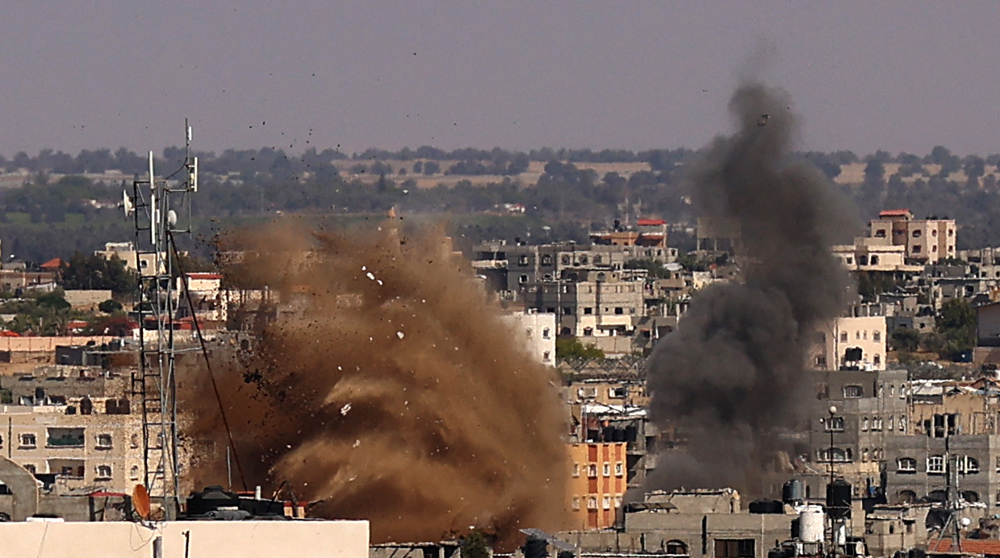
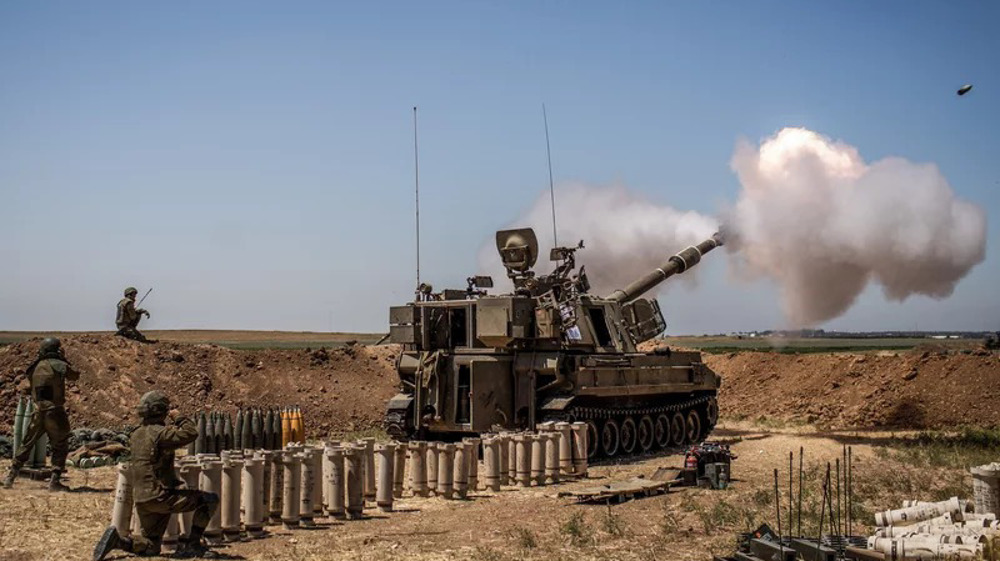

 This makes it easy to access the Press TV website
This makes it easy to access the Press TV website